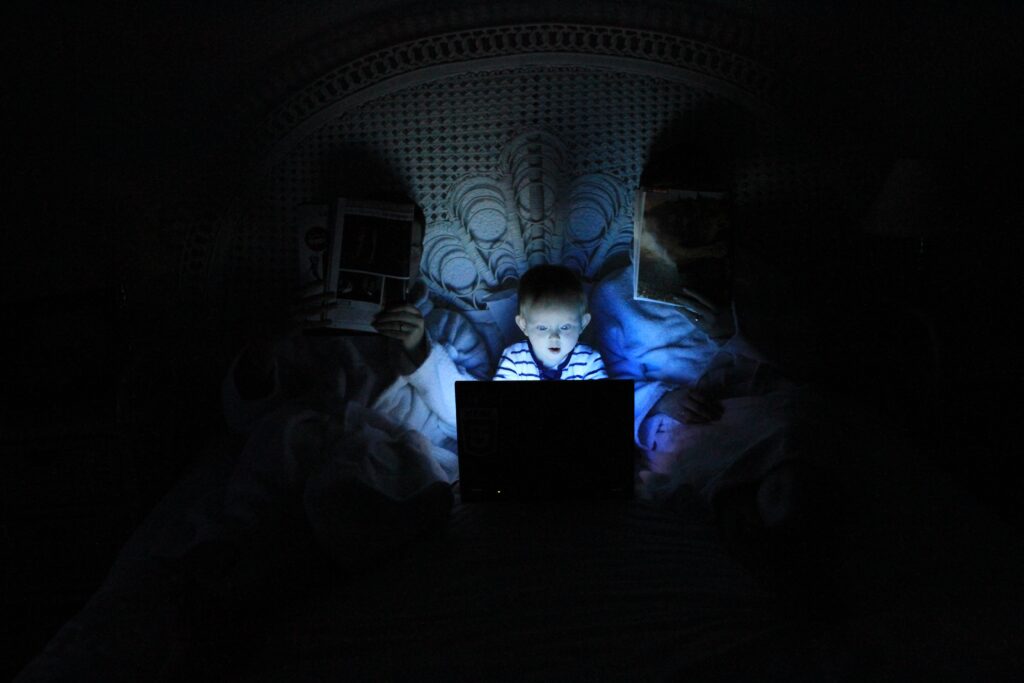Screens have become ubiquitous in modern society. Today's children are exposed to a multitude of digital devices, such as phones, tablets and computers, from an early age. While these technologies can offer many benefits, they can also have detrimental effects on the development of children's self-esteem.
Self-esteem is our subjective evaluation of ourselves. It is formed by our thoughts, feelings and beliefs about our own worth and ability to succeed. Self-esteem is essential to children's emotional well-being and mental health, as it influences their self-confidence, their ability to cope with challenges and their ability to establish healthy relationships with others.
Excessive screen use can compromise children's self-esteem in several ways
Firstly, digital media can promote unrealistic standards of beauty. The retouched images and ideals of physical perfection presented on social networks and in the media can lead children to compare themselves to others and feel dissatisfied with their appearance. This can lead to low self-esteem, eating disorders and excessive preoccupation with body image.
Because screens convey unreal images (cartoons, video games), they can have a negative influence on a child's perception of the world, giving them a false image. Programs viewed by children make them vulnerable to their content: even a children's program can create anxiety in a child, depending on his or her degree of maturity. The child is therefore dependent on the content of the program, without the parent having had any precise control over it. 1
What's more, screens can lead to dependency and a loss of precious time for social and physical activities. Children who spend too much time in front of screens can become socially isolated, which can have a negative impact on their self-esteem. Face-to-face interactions are essential for developing social skills, learning to manage conflict and establishing emotional bonds with others. By spending too much time in front of screens, children can miss out on these valuable learning opportunities.
What's more, excessive screen use can damage children's self-confidence by preventing them from taking on real challenges. Video games and online activities may provide an immediate sense of accomplishment, but they don't allow children to develop real skills that can boost their self-esteem in the long term. For example, playing a video game may give the impression of being competent and successful, but this doesn't necessarily translate into real life. Children need real-life challenges to develop self-confidence and self-esteem.
A few tips:
It is therefore essential to limit screen time and promote balanced activities that foster the healthy development of children's self-esteem. Encouraging physical activities, face-to-face social interaction and creative hobbies can help children develop self-confidence and self-esteem. It's also important to discuss with children the idealized images they may see on screens, and to teach them to critically examine media messages.
In conclusion, screens can have a negative impact on children's self-esteem. It's essential to limit screen time and promote balanced activities that foster the healthy development of self-esteem. Face-to-face social interaction, physical activities and creative hobbies are essential for building children's self-confidence and self-esteem. As parents and educators, it's our responsibility to ensure that children grow up in a healthy, balanced environment that fosters their emotional development and well-being.

